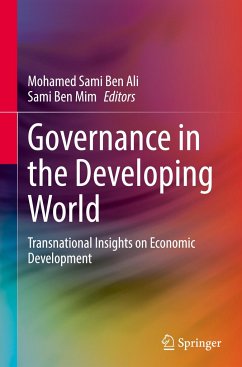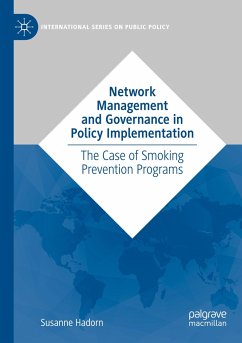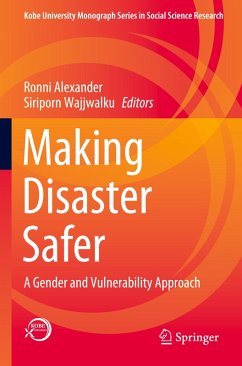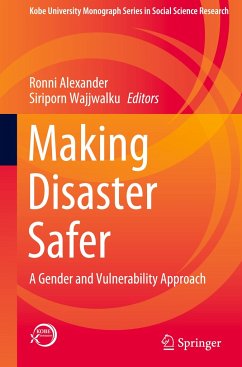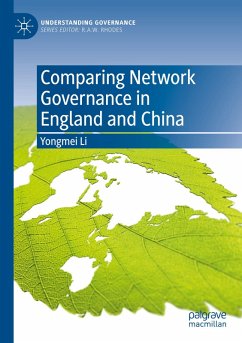
Governance in the Developing World
Transnational Insights on Economic Development
Herausgegeben: Ben Ali, Mohamed Sami; Ben Mim, Sami
Versandkostenfrei!
Versandfertig in 6-10 Tagen
113,99 €
inkl. MwSt.

PAYBACK Punkte
57 °P sammeln!
This book assesses the extent to which good governance may contribute to enhancing economic performance and social welfare in developing countries, globally. Governance has been pointed out as one of the major weaknesses of developing economies and may largely be attributed to weak governance practices at both the macro- and micro-level. This book highlights the channels through which governance may act on various economic sectors and different key economic variables. In doing so, it enables policymakers to identify and implement policies and procedures to promote good governance. This book pr...
This book assesses the extent to which good governance may contribute to enhancing economic performance and social welfare in developing countries, globally. Governance has been pointed out as one of the major weaknesses of developing economies and may largely be attributed to weak governance practices at both the macro- and micro-level. This book highlights the channels through which governance may act on various economic sectors and different key economic variables. In doing so, it enables policymakers to identify and implement policies and procedures to promote good governance. This book provides a transnational perspective on good governance in considering developing countries in Asia, Africa and beyond, presenting respective case studies in single country settings, enabling a comparative perspective between and across all chapters. Covering topics that include the intersection between governance and gender, inequality, poverty, education and health, the book provides diverse theoretical and empirical evidence on important issues facing policymakers, investors and other stakeholders and is relevant to graduate students and researchers interest in policy issues in the developing world.



